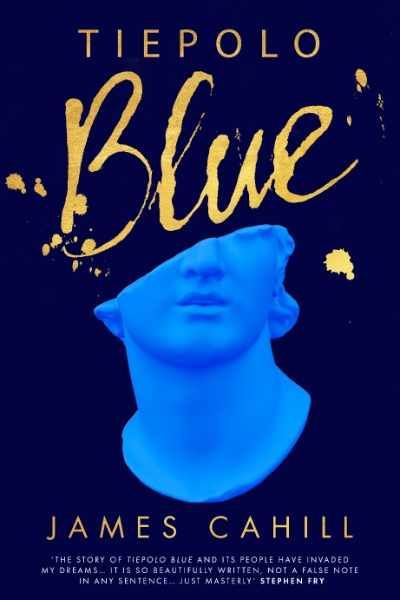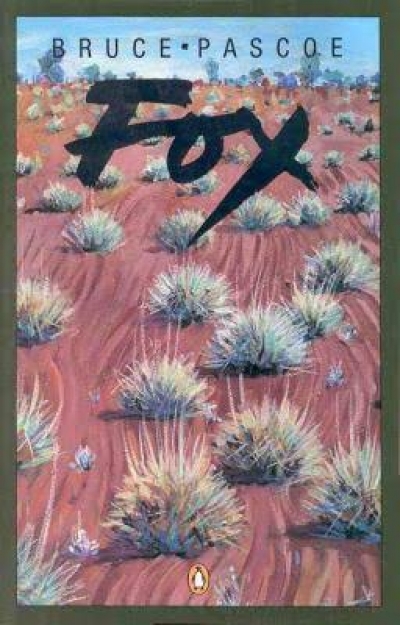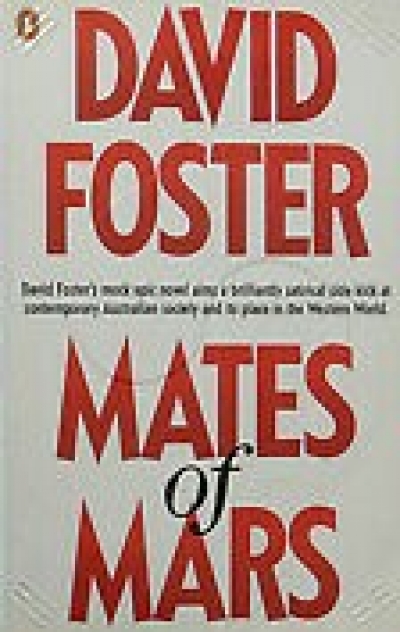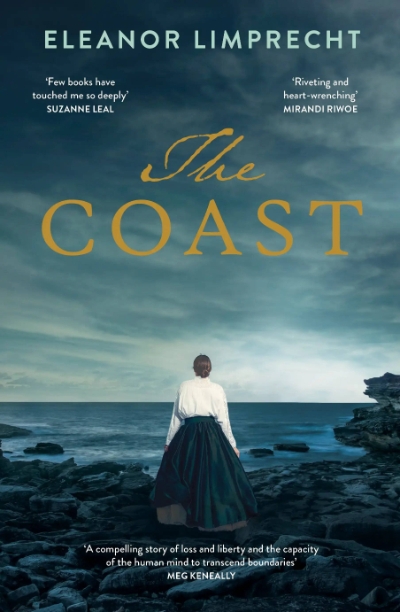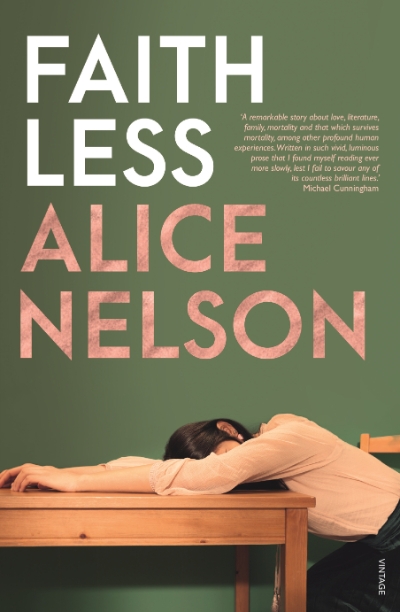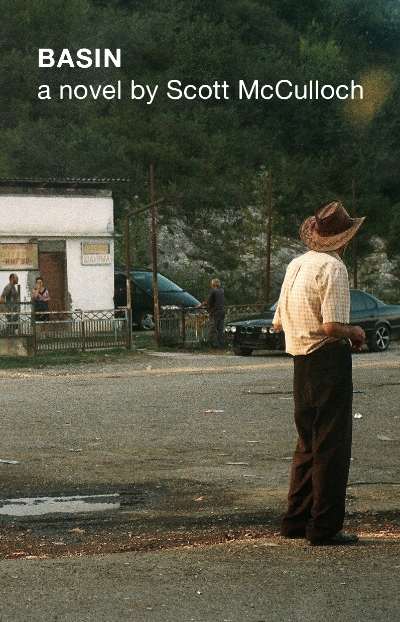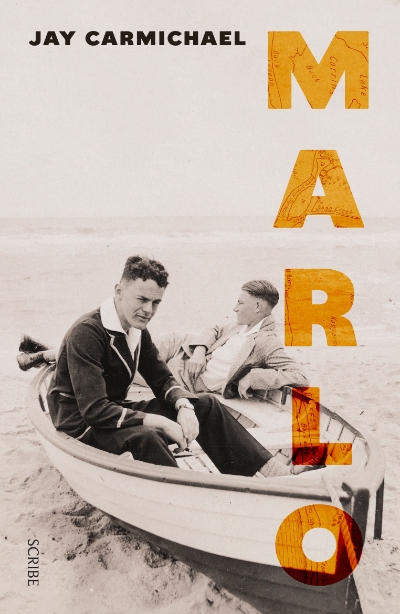Fiction
One of the dangers of academia is that ego interferes with the formation and sharing of knowledge. Colleagues are enemies, discussion is manipulation, subject matter is weaponised. British author James Cahill studied at Oxford and Cambridge, worked at a gallery in London, and recently joined King’s College London, but his first novel, Tiepolo Blue, is burdened with a feeling that these environments have few redeeming features. In a different tone, the novel could have been a satire, but if Cahill exposes his characters to ridicule, it is to make us recognise the sadness and loneliness behind the veneer of dignity. Cahill’s vision is tragic, not absurd. In Tiepolo Blue, love, for persons as much as for intellectual subjects, is stifled by power plays and abominable behaviour. Cahill’s academia is self-defeating because it poisons self-knowledge.
... (read more)It opens with an enigmatic statement – ‘It might take two hundred years’ – (what might?) – and then presents an enigmatic situation. Amidst Australian bush images and scraps of Aboriginal sounding stories, there is someone called Fox wandering around.
Fox, we soon learn, is a young chap called Jim Fox who is making a mysterious trip to Sydney from a farm he once lived on somewhere up the Murray.
He’d expected to be able to just go to places and remain anonymous, for people to just accept his presence as easily as he did theirs, with only the questions which could be answered by your own observations.
He was wrong, of course. People do ask him where he’s from and where he’s headed for and why he’s going there. Fox never says much, but no one minds; people only say affectionately ‘you’re a strange bugger, Fox’ and buy him beers, and give him rides, jobs, money, places to stay, and all the best advice they know.
... (read more)David Foster has a way with subject matter in his novels. In his dealings with the arcane (The Adventures of Christian Rosy Cross and Rosicrucianism) and the quotidian (the postal protocol of Dog Rock) alike, he has consistently shown the knack of discovering new areas to entertain and inform us. He is mightily intolerant of the glib social overview by scientist or politician and, in his capacity as Juvenalian satirist, he possesses all the qualifications, including a keen eye for human folly, the ability to manipulate and hijack his audience, and a readiness to be mordant and merciless while at the same retaining an unrelenting hold over those who read his books.
... (read more)About twenty years ago, we were offered a house on Stradbroke Island for a winter holiday. Cheshire, the publishing company I had recently left teaching to work for, was also a bookseller; so not only was there a fortnight, kids willing, to catch up on all those books we had meant to read, but they were available at staff discount.
Before we left, I went through Cheshire’s paperback section like Mrs Marcos through a shoe shop. Lots of novels we had heard about, a couple of unknowns with rather promising covers and, while I was about it – to assuage the guilt of the promising covers – The Tyranny of Distance. I had heard it was good and had meant to read it one day.
... (read more)In 1908, on 11 September (an ominous day for the changing nature of planes in our dreams), Franz Kafka and Max Brod travelled to Brescia in Italy to watch Louis Blériot fly a plane. For Kafka, and probably most in the crowd, this was the first opportunity to witness a human crawl into a machine and, like something out of Greek Myth, fly towards the Mediterranean sun. Kafka and Brod decided to record their observations. Brod saw the pilot draw inspiration from the adoring crowd. Blériot ‘was being lifted on high by the mounting murmur of the thousands’. Kafka, sensing the crowd’s devoted gaze, had a different impression, ‘twenty meters above the earth a person is trapped in a wooden construction, fighting a voluntary and invisible danger. And we are down here, crowded and insubstantial, watching.’
... (read more)A child of nine is taken to Sydney for the first time to visit her mother, a patient at the Coast Hospital lazaret. Upon arrival, she learns that she, like her mother, has leprosy. Her fate is fixed from that day; she will live the remainder of her life in the lazaret. She takes the new name of ‘Alice’ to hide her former self, and the world closes in upon her. There will be no more school, no playing with her younger brothers and sisters, no friends of her own age, no prospect of romance, no hope of freedom.
... (read more)Faithless is the third novel by West Australian writer Alice Nelson. Her first, The Lost Sky (2008), saw her named Sydney Morning Herald Best Young Australian Novelist, and her second, The Children’s House (2018), attracted widespread critical acclaim. All three explore themes of trauma, displacement, memory, and love. Nelson, many of whose family migrated here from Europe, once pondered in a 2019 interview with Brenda Walker at the Centre for Stories whether writers write to ‘heal some kind of loss’ and whether for her ‘it began with that sense of loss of homeland, loss of culture and country that ran through my family’.
... (read more)On the surface, Scott McCulloch’s début novel, Basin, takes place in a brutal and degenerated landscape; the edge of a former empire in a state of violent flux. Rebels, separatists, terrorists, paramilitary groups, and the remnants of imperial forces clash over borders and interzones in the wake of the ‘Collapse’, an undefined geopolitical and ecological disaster. Print and broadcast media warn of inter-ethnic conflict and Rebel advances. Bazaars, brothels, and a chain of Poseidon Hotels all operate amid industrial waste and military checkpoints, servicing the region’s fishermen, soldiers, smugglers, and drifters. There is a multiplicity of language and religion (Abrahamic denominations mingle with archaic, pagan beliefs). Alcohol consumption and illicit drug use are rife. The climate is oppressively humid.
... (read more)Marlo by Jay Carmichael & My Heart Is a Little Wild Thing by Nigel Featherstone
At first glance, neither Marlo nor My Heart Is a Little Wild Thing seemed particularly appealing. Both focus on queer men pining for love in a homophobic world. Both appeared to recycle what Jay Carmichael (Marlo’s author) calls ‘the tradition of tragedy in queer literature’. Digging deeper, we find that the novels offer nuanced and even uplifting perspectives on gay male experience over the decades. There are moments of adversity, but it’s the resilience and emotional strength of the protagonists – their ability to find pleasure in even dire situations – that make both books so compelling.
... (read more)In a famous letter to her friend and fellow writer Lorna Sage, Angela Carter declared that no daughter of hers should ever pen a title like Elizabeth Smart’s By Grand Central Station I Sat Down and Wept (1945): ‘BY GRAND CENTRAL STATION I TORE OFF HIS BALLS would be more like it, I should hope.’ The choice between getting sad or getting mad, the dilemma of how to represent the reality of female anguish without romanticising or pathologising it, is a recurring theme in twenty-first-century women’s writing: it forms the main subject of Leslie Jamison’s essay ‘Grand Unified Theory of Female Pain’ (2014); it is the premise behind the post-feminist revenge films Jennifer’s Body (2009) and Promising Young Woman (2020).
... (read more)

